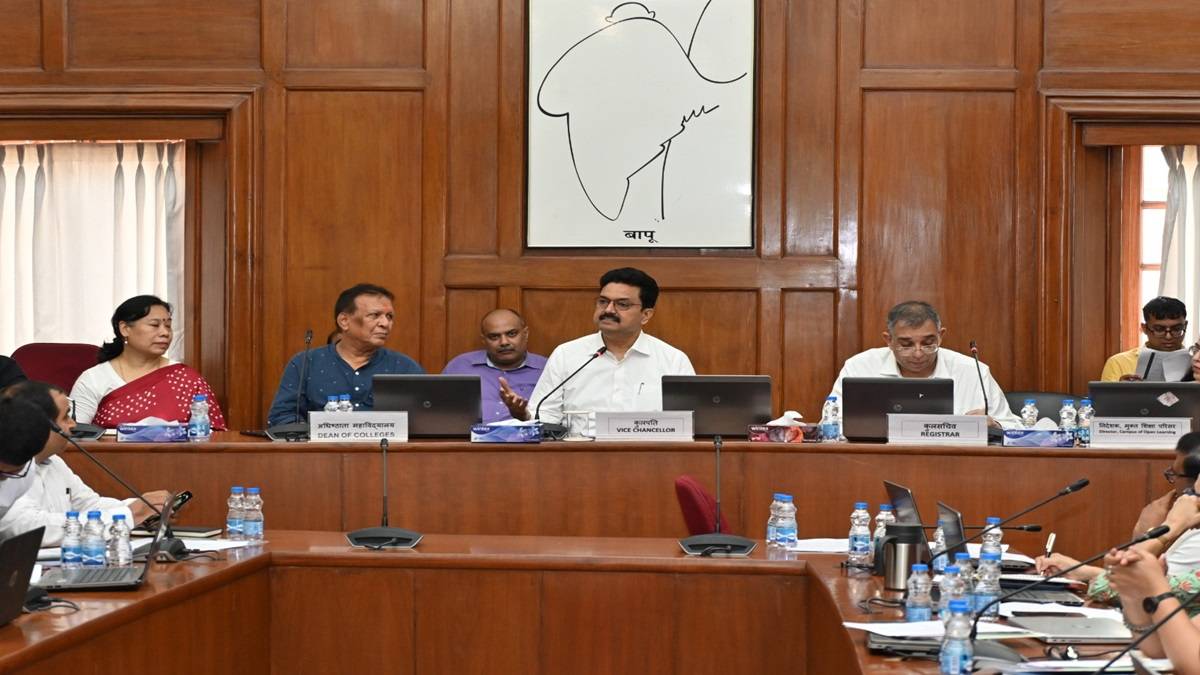DU Grants 2-Year Extension for 2016 UG-PG Students to Clear Backlogs Amid CBCS to UGCF Shift
As per university rule, students are normally required to finish UG programmes in three years and PG programmes in two. However, many 2016-17 students fell behind by a year or more due to academic restructuring and disruptions during the pandemic.
Delhi University has given a 2-year extra time to students who joined in 2016-17 but could not finish their degree on time. This happened because of big changes in the syllabus (from CBCS to UGCF) and problems during the pandemic.
The Academic Council discussed this and agreed. Many students from the 2016 batch were stuck because they could not clear one or two papers. Now, they can complete their UG or PG degree by 2025-26. Normally, UG takes 3 years and PG takes 2 years, but these students get extra time.
This is only for the 2016-17 batch and will not happen again for future batches. It will help many students who need their degree for jobs or higher studies.

The move is expected to benefit a significant number of students who were left in limbo, especially those preparing for government jobs or higher studies that require degree completion.
Read More:
Follow Shiksha.com for latest education news in detail on Exam Results, Dates, Admit Cards, & Schedules, Colleges & Universities news related to Admissions & Courses, Board exams, Scholarships, Careers, Education Events, New education policies & Regulations.
To get in touch with Shiksha news team, please write to us at news@shiksha.com

 Call 8585951111
Call 8585951111
Abhay Anand is an experienced education journalist with over 15 years in print and digital media. Currently serving as Manager- Editorial at Shiksha.com, he specializes in higher education policy, student mobility,
Read Full Bio